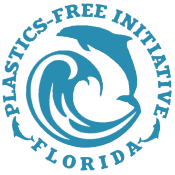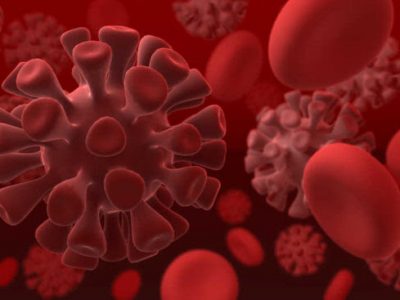(RoyalPatriot.com )- Dutch scientists studying human blood found that nearly 80% of the people tested had tiny plastic particles in their bloodstream.
The research was funded by the Dutch National Organisation for Health Research and Development and Common Seas. The findings were published in Environment International.
The researchers in the Netherlands inspected 22 blood samples. Of the anonymous donors, 17 out of 22 (77%), showed “quantifiable” microplastics in their blood.
The data shows that the microplastics measured as small as 0.00002 of an inch. For comparison, a normal eye with common vision and unaided by other tools can see objects as small as 0.00393701.
These particles were likely to have been absorbed into the bloodstream after being inhaled or ingested.
The donors supplied their blood voluntarily and anonymously, and the majority of the samples came back with some traces of plastic in them. Eleven of them contained PET plastic. PET is the plastic commonly used in water bottles and soda bottles.
Polystyrene and polyethylene were present in the volunteer’s blood samples. Food packaging and plastic bags are made from these chemicals.
A Dutch ecotoxicologist, Dick Vethaak, worried that these distressing findings call for further, broader and deeper research.
“Our study is the first indication that we have polymer particles in our blood – it’s a breakthrough result. But we have to extend the research and increase the sample sizes, the number of polymers assessed, etc.,” Vethaak said.
Professor Vethaak said that we certainly have valid reasons to be concerned. Man-made, potentially toxic particles shouldn’t be transported throughout the body.
The worry is that, in general, babies and young children are more susceptible to toxicity from chemical and particle exposure.
Stool samples from a similar study showed babies have as much as an order of magnitude higher levels of these plastics than adults.
Microplastics have been found in the brain, gut, placenta of unborn babies, and the feces of adults and infants, but never before from blood samples.
Subsequent studies need to determine what negative ramifications these plastics may be having on us.
We should know if these particles are being stored in vital organs and if
we can peacefully co-exist with these trace amounts.

